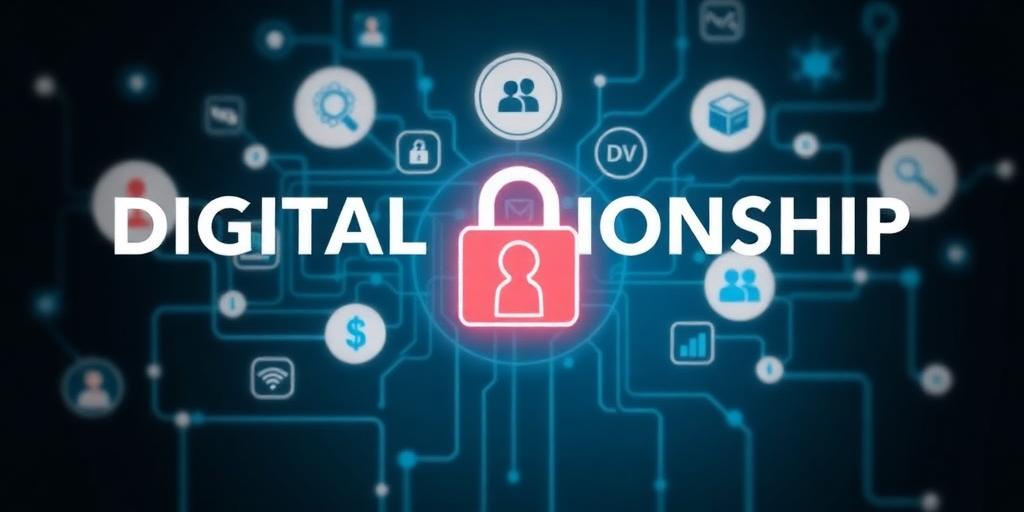In today's interconnected world, digital citizenship has become an increasingly vital concept. It encompasses the responsible and ethical use of technology, ensuring that individuals can navigate the online environment safely and productively. Understanding and practicing good digital citizenship is essential for everyone, from students to professionals, as it shapes our online interactions and influences our real-world lives.
What is Digital Citizenship?
Digital citizenship refers to the norms of appropriate, responsible behavior with regard to technology use. It includes a variety of skills and knowledge areas that enable individuals to engage positively and safely in the digital world. Key components of digital citizenship include:
- Digital Literacy: The ability to find, evaluate, and use information effectively.
- Digital Communication: Understanding how to communicate appropriately and respectfully online.
- Digital Ethics: Making ethical decisions and understanding the impact of one's online actions.
- Digital Safety: Protecting oneself and one's data from online risks.
- Digital Rights and Responsibilities: Knowing one's rights as a digital citizen and understanding the responsibilities that come with those rights.
Why is Digital Citizenship Important?
- Promoting Online Safety: Digital citizenship education equips individuals with the knowledge and skills to protect themselves from online threats such as cyberbullying, phishing scams, and identity theft.
- Encouraging Responsible Online Behavior: By understanding digital ethics, individuals can make better choices about what they post, share, and engage with online. This promotes a more positive and respectful online environment.
- Protecting Reputation: What you do and say online can have long-term consequences for your reputation. Practicing good digital citizenship helps safeguard your personal and professional image.
- Supporting Academic and Professional Success: Digital literacy and responsible online behavior are increasingly important for success in education and the workplace. Employers and educators value individuals who can use technology effectively and ethically.
- Fostering Civic Engagement: Digital platforms provide opportunities for civic engagement and participation in democratic processes. Digital citizenship helps individuals use these tools responsibly to advocate for their communities and make a positive impact.
How to Practice Responsible Online Lifestyles
- Be Mindful of Your Digital Footprint: Everything you post online contributes to your digital footprint, which can be viewed by others indefinitely. Think before you post and consider the potential consequences of your online actions.
- Protect Your Personal Information: Be cautious about sharing personal information online, such as your address, phone number, or financial details. Use strong passwords and enable two-factor authentication whenever possible.
- Respect Others Online: Treat others with respect and empathy, even if you disagree with their views. Avoid engaging in cyberbullying or spreading misinformation.
- Verify Information Before Sharing: Be critical of the information you encounter online and verify its accuracy before sharing it with others. Avoid spreading fake news or unverified claims.
- Be Aware of Copyright and Fair Use: Respect intellectual property rights and understand the rules of copyright and fair use. Give credit to the original creators when using their work.
Conclusion
Digital citizenship is not just a set of guidelines; it is a way of life in the digital age. By understanding and practicing responsible online behavior, individuals can create a safer, more inclusive, and more productive online environment for themselves and others. As technology continues to evolve, the principles of digital citizenship will remain essential for navigating the complexities of the digital world.









